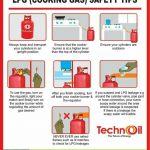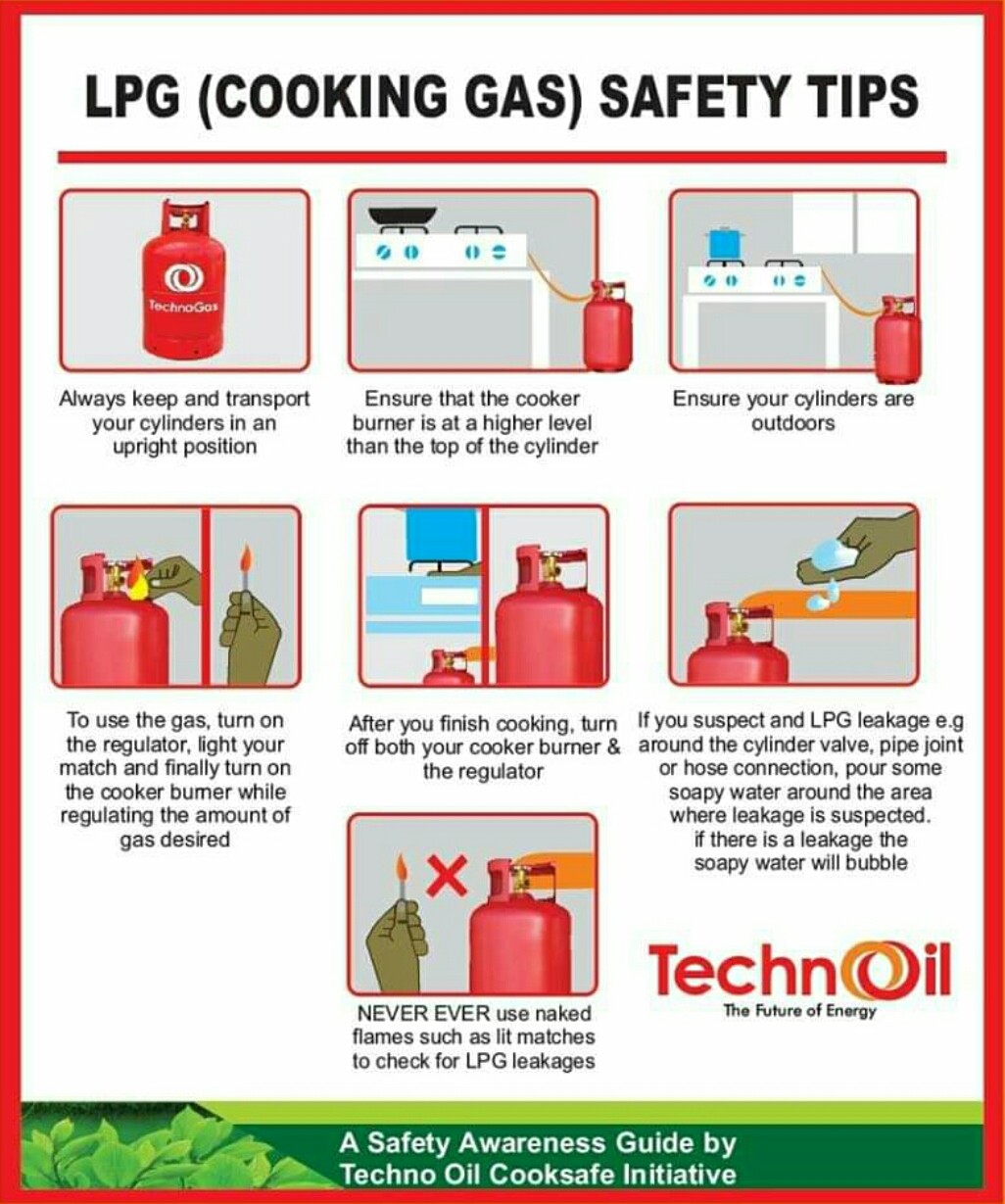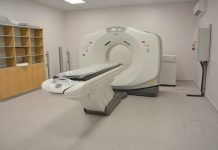An article on cooking gas safety tips you should know, how to prevent gas explosion in home, how to prevent cooking gas explosion in home, what causes cooking gas explosion..
COOKING GAS SAFETY TIPS/RULES
Here are important Gas safety rules learnt from my days in Quality Environment Health and Safety Management in a Quick Service Restaurant.
1, Camp gas is not for home cooking. Do not use it for cooking indoor. As the name implies they are used in open and well ventilated area.
2. Cylinder has expiring days of 15 years. Check your cylinder and add 15years to Date. Expired has cylinders is the main cause of gas explosions are home.
Read Also: How to check the expiry date of gas cylinders
3. Do not shake to determine level of gas consumed, apply water on the cylinder body it will show you the gas level.
4. Cylinder should be stored outside not inside. Even if you are living in a high raiser!
5. Have double control for your cylinder. They are safety checks.
6, Do not put on the gas before striking a match.
7. Do not switch on the kitchen light first thing on entrance.
First throw open your windows and then smell for gas leakage before flipping the switch.
8. No use of phones in the kitchen
9. When in doubt of leakage, place soap bubbles along the pipes it will indicate the presence or absence of leakage.
10. If you think the gas cylinder or gas appliance is not working fine, do no use it.
11. For those with dual functions. Do not use electric burner and gas at the same time.
12. Have a carbon monoxide detector or alarm installed, since it is odourless and colourless but potentially dangerous, the alarm is a form of life saver.
13. Transportation: Gas cylinders should be packed horizontally in a tight position to avoid rolling or movement due to bad roads. It can explode!
14. If by any chance you suspect a leak or you smell CO2, do not strike that match.
15. Take you gas cylinders and gas appliances for checks and servicing at least once a year.

PLEASE NOTE:
For those that use camping gas at home.
Camping Gas, Alcohol, white gas, and propane stoves are safe to use in a VENTILATED AREA only.
Good example of ventilated space is a room or kitchen with open windows.
White gas and propane stoves can potentially leak, which can cause gas to build up in an enclosed space which can lead to a fire hazard or even explosion of the cylinder.
To avoid this, tighten all fittings as securely as possible to ensure that no gas is leaking.
And never leave your gas stove running unattended.
Be very cautious because if the gas goes out by accident, the room can fill with gas very quickly.
That’s why ventilation is very important.
Be safe. Thanks.























